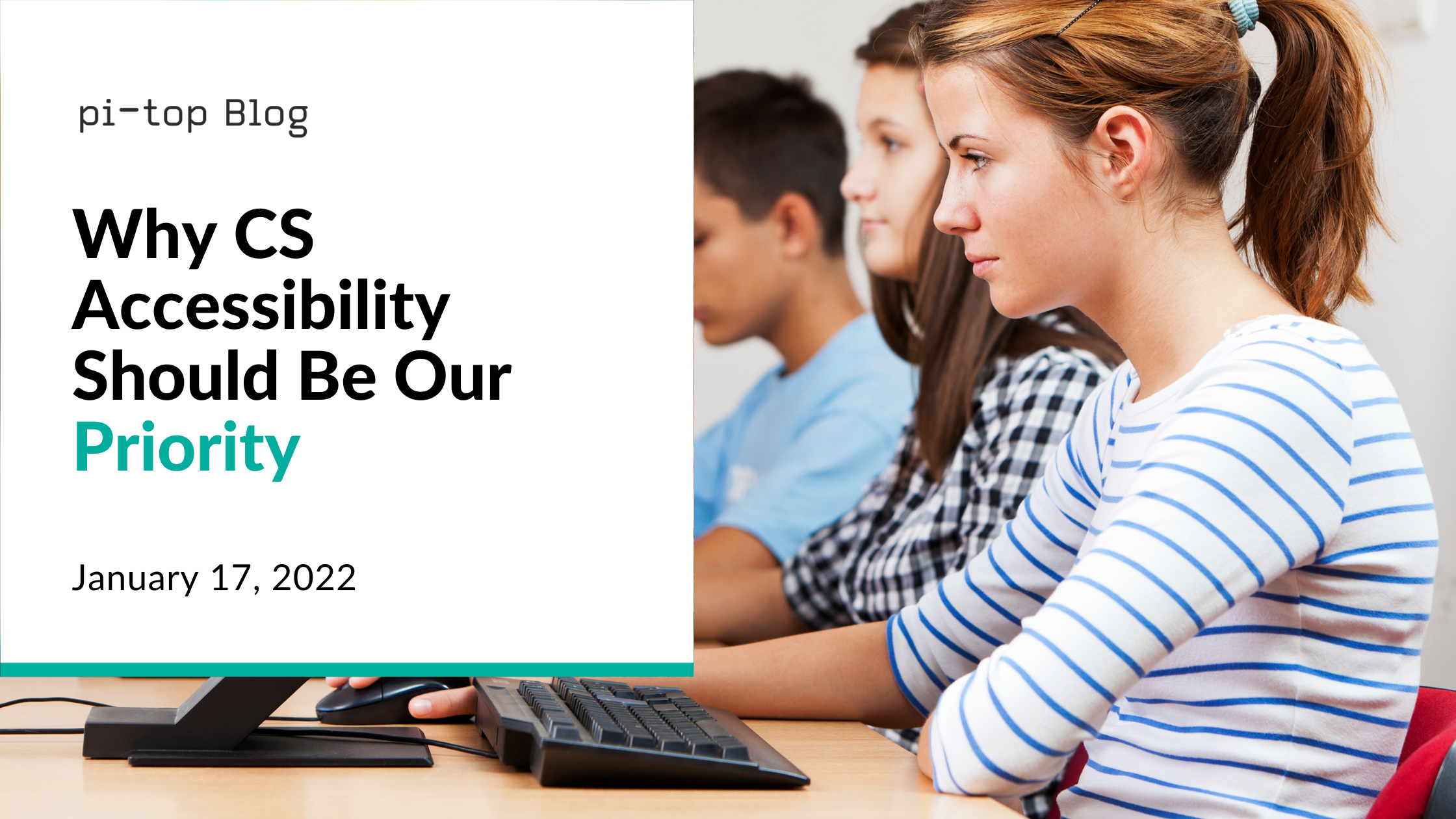Over the past year, we’ve seen a leap in the commercial advancement of novice technology like Generative AI and paired with the ever-growing workforce applications of artificial intelligence, the need for adept computer science skills is greater than ever.
Let’s take a look at the educational and professional impact this has created…
According to Harvard College’s recent data, interest in introductory computer science courses have surpassed all or most other courses offered by the Ivy League institution by enrollment numbers alone. This is mirrored across many American high-schools that have adopted a newfound emphasis on computer science education. As detailed in the Harvard Political Review, “the percentage of U.S. high schools offering a CS class surged to reach an all-time high of 51% during the three-year period leading up to 2021.” This is echoed in public consensus with just over two-thirds of American parents prioritizing their child’s access to computer science education as a core academic subject.
One state, in particular, that has experienced great success with promoting CS for high school graduates is Arkansas. Part of the state’s efforts to promote CS education include investing in the professional training of educators and connecting CS to the academic standards of other subjects across all grade levels, ensuring that all high school students are able to take a CS course. Arkansas Governor Asa Hutchinson views the state’s ambitious undertaking as a success, saying, “Of all the big-ticket items we’ve dealt with since I’ve been governor, this relatively small-ticket item may have the greatest long-term impact.”
The results speak for themselves really:
Arkansas has achieved a nearly nine-fold increase in CS course enrollment and a nearly 13-fold increase in the number of women enrolled in a CS course. In consideration of this momentum, the state recently mandated that all high school graduates take one CS course beginning the 2022-2023 school year.
While more than 23 other states have enacted similar CS high school graduation requirements since, including South Carolina, Nevada and Nebraska, not all are convinced of the feasibility of such ambitious, albeit noble efforts. The primary concern as relayed by Sen. Erdman of the Nebraska legislature is that “they can’t find teachers to teach math and science and those things that they now currently need teachers for. [Schools] have shared that there won’t be anybody that they can find to teach this class.”
To a business like pi-top, this is a significant concern and a driving force in the continued development of our educator resources to assist with content and classroom management. Implementing computer science early in the educational cycle is certainly the goal but in order to help realize the fact, we need to continue to educate and empower the teaching community. Thus, alongside making computer science more accessible in school, our mission is to make teaching computer science a possibility for educators of all levels of training and experience.
Further, is our answer to supporting anyone in their journey to becoming a valued computer science educator. With Step-by-step Teacher Guides, Scope & Sequences documents and Project-based Learning Templates, we aim to make teaching beginner and advanced computer science classes possible for everyone.
Sign up for a 30-day Teacher Trial now.
